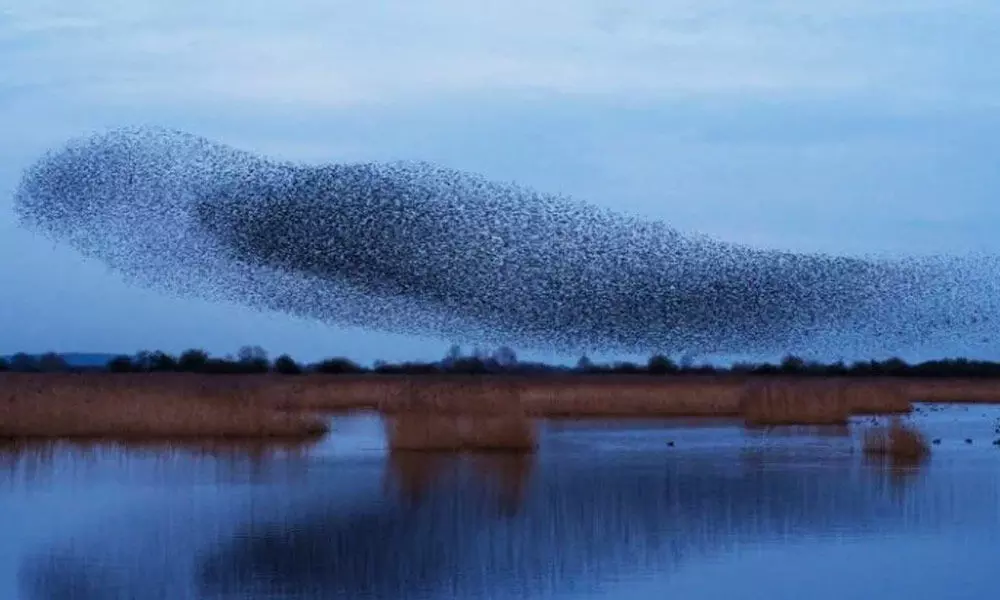Live
- Production begins at Rajhara North Coal Block in Jharkhand, to boost economy
- Gujarat Air Force Association organises annual memorial lecture on national security
- RJD MP urges Nitish Kumar to demand special package for Bihar during Delhi visit
- Indian Navy's training ships undertake professional exchanges in Cambodia
- PM Modi’s advice during ‘Pariksha Pe Charcha’ helped me overcome exam fear: 10th grader Ananya Batham
- Odisha: Key suspect in murder case surrenders in Bhubaneswar
- Gujarat: Man pressures woman for religious conversion in Vadodara
- Additional RPF deployed to facilitate Maha Kumbh devotees: Central Railway after Delhi stampede
- IPL 2025: KKR and RCB to play tournament opener at Eden Gardens on March 22
- Tejas Dhingra retains national championship title at NEC Show Jumping 2024-25









